by David Alan Johnson
The U-boat landings of German spies off the coast of Long Island during Operation Pastorius were not the only instances of U-boats putting German agents ashore on the Atlantic coast of the United States. There had been at least one other landing before Operation Pastorius, and there would be at least one afterward.
[text_ad]
Intercepting a Saboteur Party
On April 14, 1942, two months before U-202 surfaced off the coast of Long Island, the destroyer USS Roper discovered U-85 running on the surface off the coast of North Carolina near Cape Hatteras. The U-boat did not crash-dive, which came as a surprise to Roper’s captain, Commander Hamilton W. Howe. Instead, the submarine’s captain changed course several times and fired a torpedo at the destroyer from his stern tube. Commander Howe closed with the submarine at a speed of 20 knots and began firing his 3-inch forward mount and 50-caliber machine guns at 300 yards.
After U-85 had been hit by a 3-inch shell and 50-caliber machine-gun fire, the captain decided to scuttle the boat. The seacocks were opened, and the crew began jumping overboard as the submarine settled by the stern. Commander Howe wanted a confirmed kill and dropped 11 depth charges on the boat as it sank. The barrage shattered the boat and killed every man in the water.
When the bodies, 29 of them, were recovered, some of the dead were wearing civilian clothes. When their pockets were examined, they were found to contain quite a bit of American currency, as well as Social Security cards, draft cards, and other documents needed for living and working in the United States. Commander Howe had broken up an attempt to land German spies or saboteurs in North Carolina.
The reason behind the U-boat’s mysterious behavior now became clear. If the submarine’s captain had crash dived with his men and the German agents still on deck, most of them would have drowned. Over the years, everything about the sinking of U-85 was made public except the fact that the submarine was trying to land civilians. That information was not released until several years after J. Edgar Hoover died.
The Last U-Boat Landing?
No records exist to prove whether this was the first U-boat attempting to land saboteurs on U.S. soil, but it certainly was not the last. The final landing took place on November 29, 1944, when U-1230 put two would-be German spies ashore at Frenchman’s Bay on the Maine coast. The two men were Erich Gimpel, a German who had worked as an agent in Peru for several years, and William Colepaugh, a flighty young American infatuated with Nazi Germany but with no background in espionage. Their assignment was to find out as much as possible about the Manhattan Project, the U.S. effort to develop the atomic bomb, as well as to gather technical information on American shipbuilding and aircraft manufacturing.
The two men were rowed to shore by crew members; both were wearing civilian clothes. They were spotted by the son of the county deputy sheriff as they made their way to the nearest rail station, and the FBI was notified, but FBI agents were not able to locate the two. Gimpel and Colepaugh took a train to Manhattan, where they rented a flat and Gimpel built a shortwave radio.
Young Billy Colepaugh had an attack of conscience shortly afterward. Colepaugh faced a dilemma. He wanted Germany to win the war but did not want the United States to lose it. He went to the FBI and turned himself in, along with Erich Gimpel. Both men were in custody by December 30, 1944.
Gimpel and Colepaugh arrived in the United States too late in the war to help the German cause, even if Colepaugh had not gone to the FBI. Both men were tried for espionage, found guilty, and sentenced to death by hanging. The war ended before the sentences could be carried out, and both men spent years in prison.
There may or may not have been other landings, but it is a reasonable possibility that others did take place. The FBI denies this, but J. Edgar Hoover had the power and influence to cover up any incident that might possibly have tarnished his image.
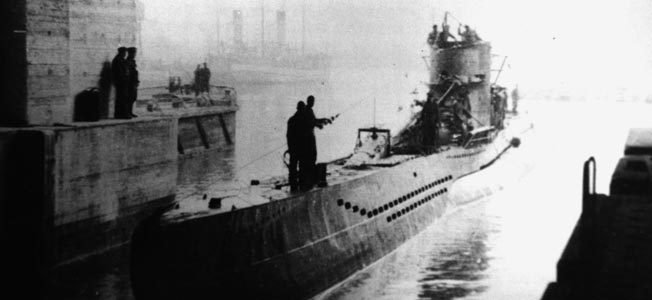
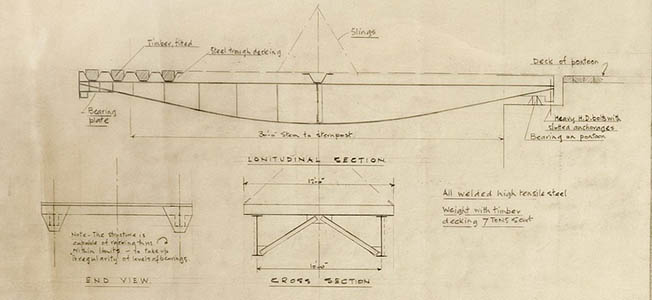
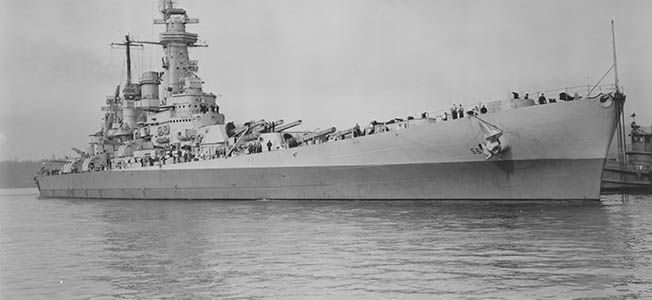
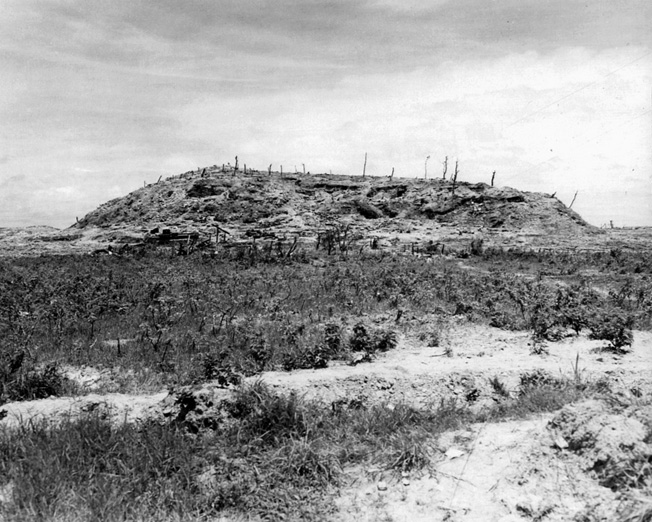

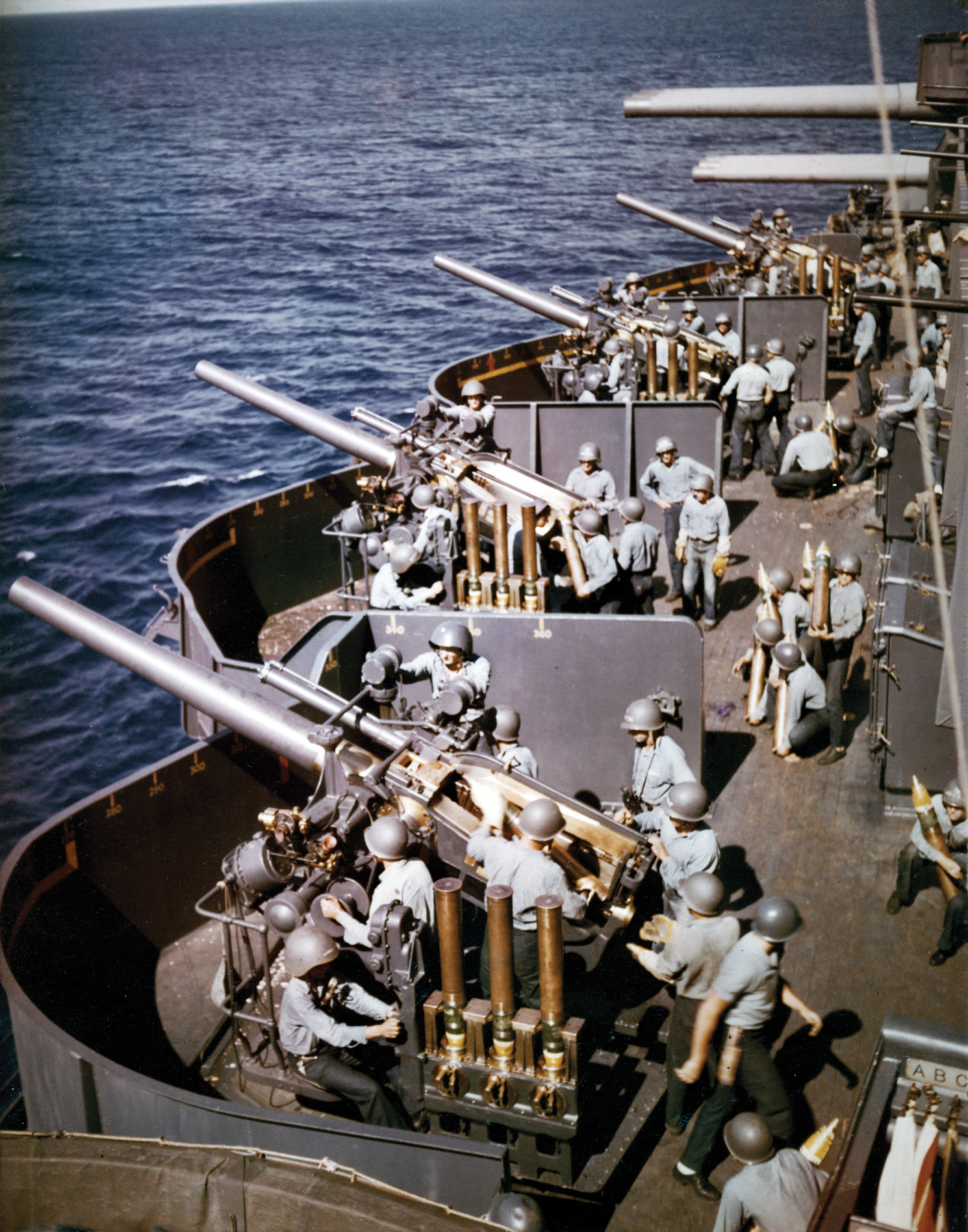
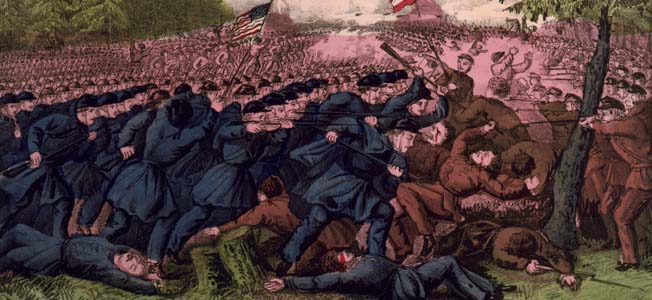
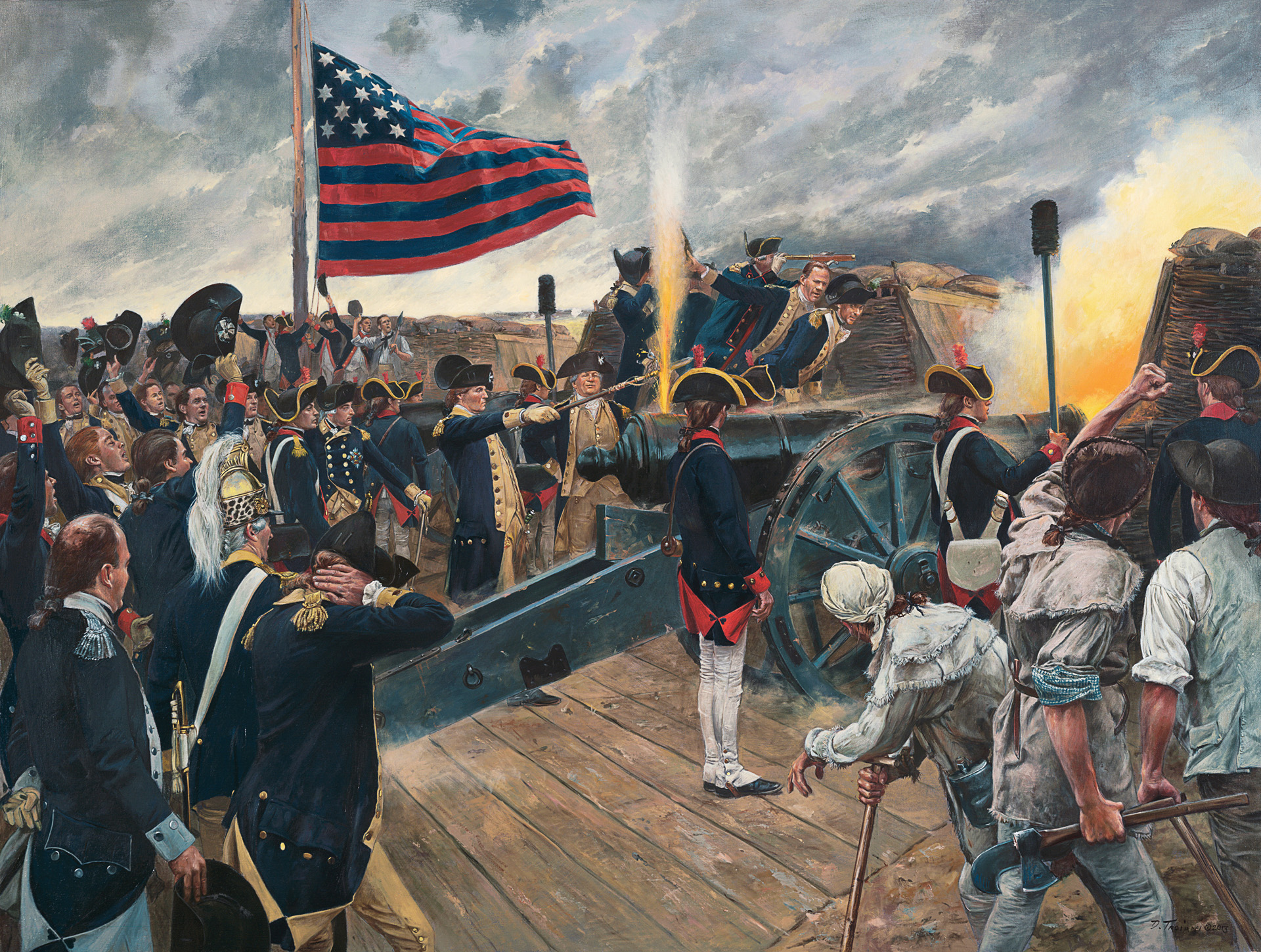
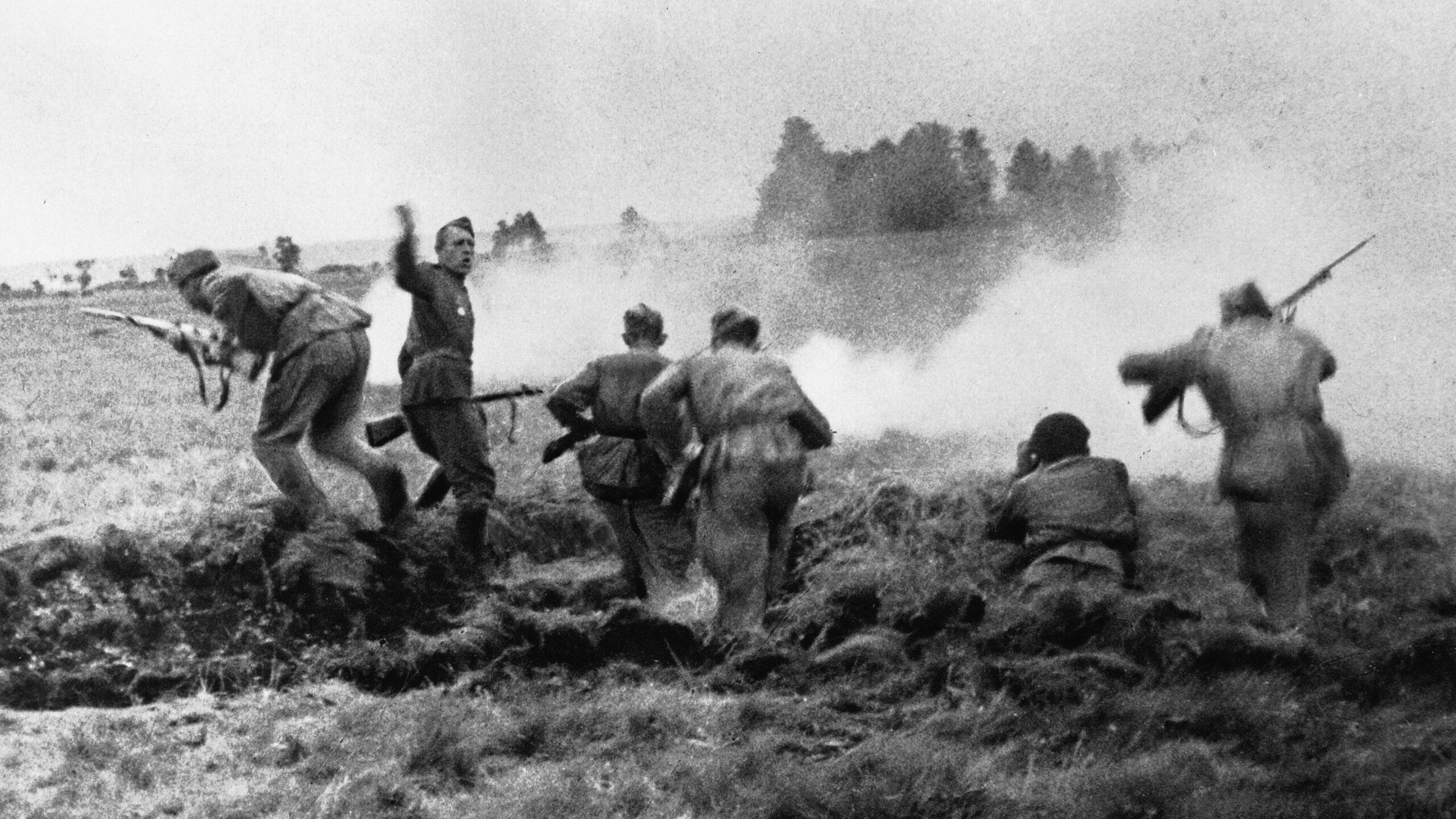
Join The Conversation
Comments
View All Comments